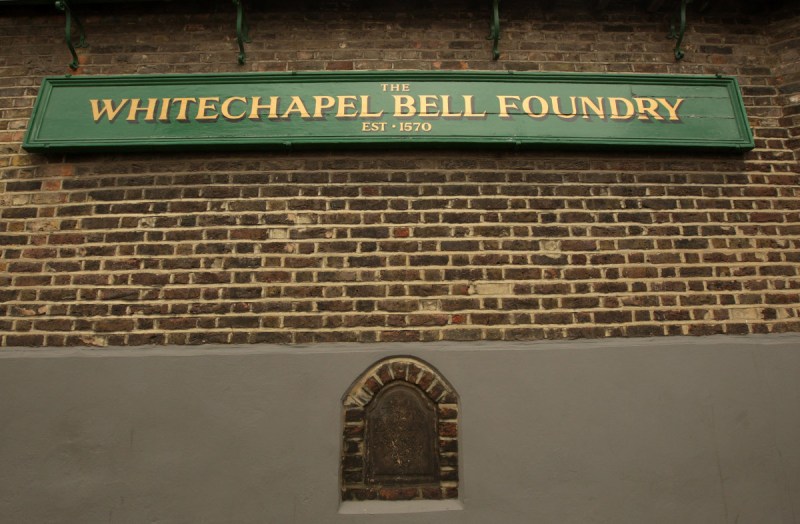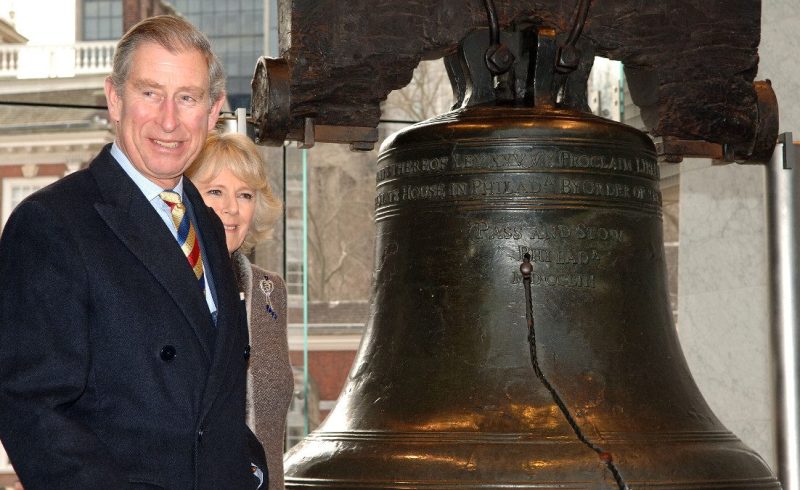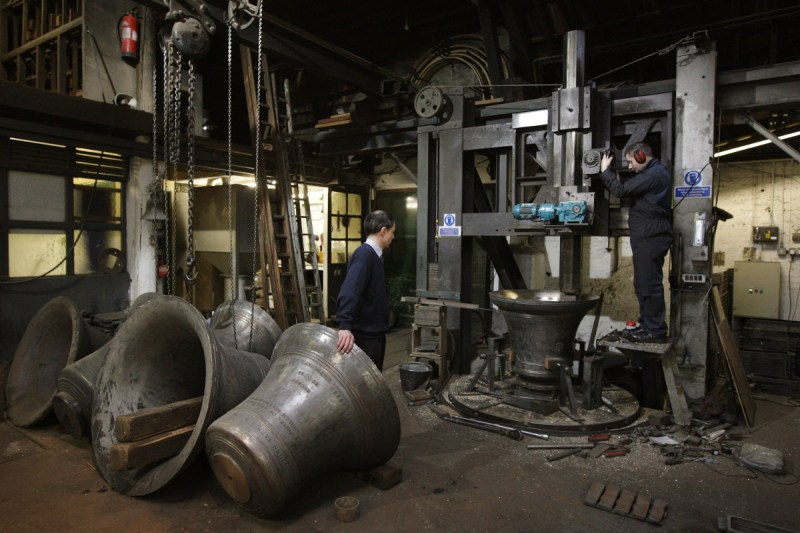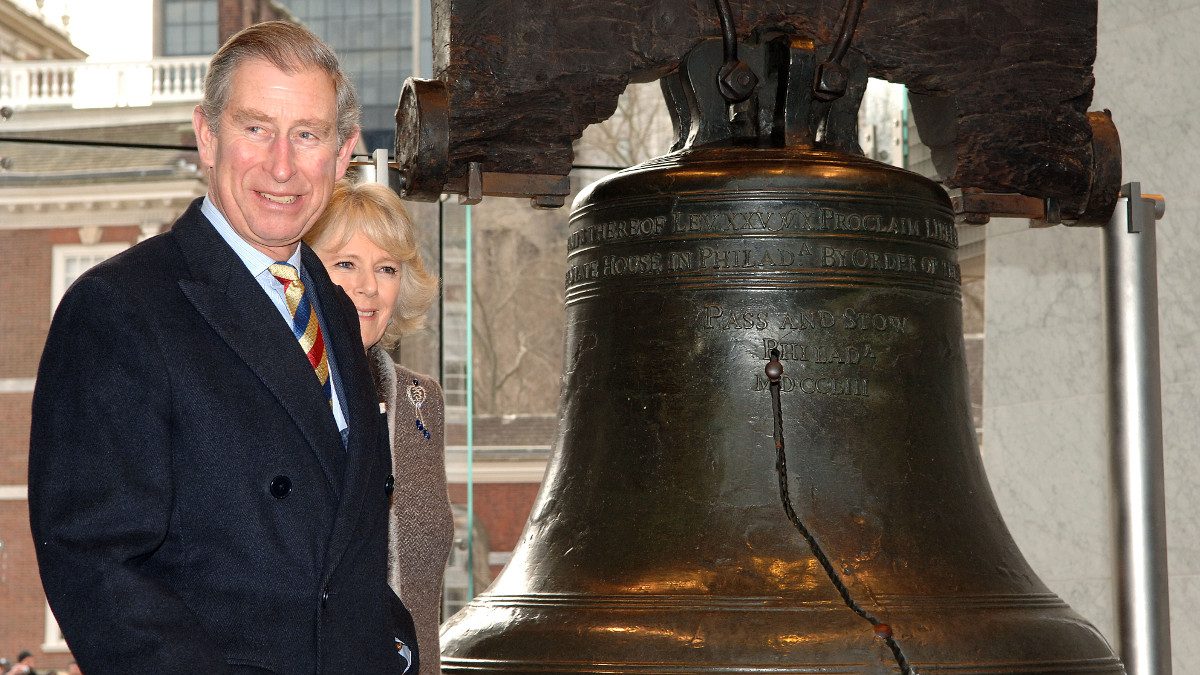
The clanging at the legendary foundry that produced the Liberty Bell will soon fall silent after almost five centuries.
The Whitechapel Bell Foundry, which made the iconic Philadelphia landmark, as well as the bells in London’s Big Ben at the City of Brotherly Love’s Christ Church, is closing in the next six months. The foundry has been in business since approximately 1570.
The decision came after “the deterioration of business conditions over many years,” according to a recent article from the Wall Street Journal. Rising expenses have also taken their toll: a major bell project costs over $300,000, and there simply isn’t enough demand anymore to keep the foundry operational.

One of Whitechapel’s most famous bells—and undoubtedly its best known in the United States—is the Liberty Bell, which was commissioned in 1751 to hang from the building now known as Independence Hall. It was originally called the State Bell, but 19th century abolitionists rechristened it the “Liberty Bell,” and the name stuck.
Later, when the bell was taken on seven national road trips in the late 19th and early 20th centuries as a totem of national pride, it became a bonafide sensation. “Bell worship predated flag worship,” UCLA history professor Gary Nash told Smithsonian magazine, also noting that “people surged forward to touch, stroke, or kiss the bell” all through the South. Not only was it a symbol of reconciliation, it was the one physical object that many Americans associated with America itself.

In England, Whitechapel Foundry bells can be heard at Westminster Abbey, St. Paul’s Cathedral, and the Palace of Westminster (of which the Big Ben clocktower is a part), and are as much of an institution there as the royal family.
Owner Alan Hughes has already sold the property, which has been in his family for over a century, and as he told The Guardian, it wasn’t an easy decision: “We have made this decision with a heavy heart.”
This article appeared in an InsideHook newsletter. Sign up for free to get more on travel, wellness, style, drinking, and culture.
























